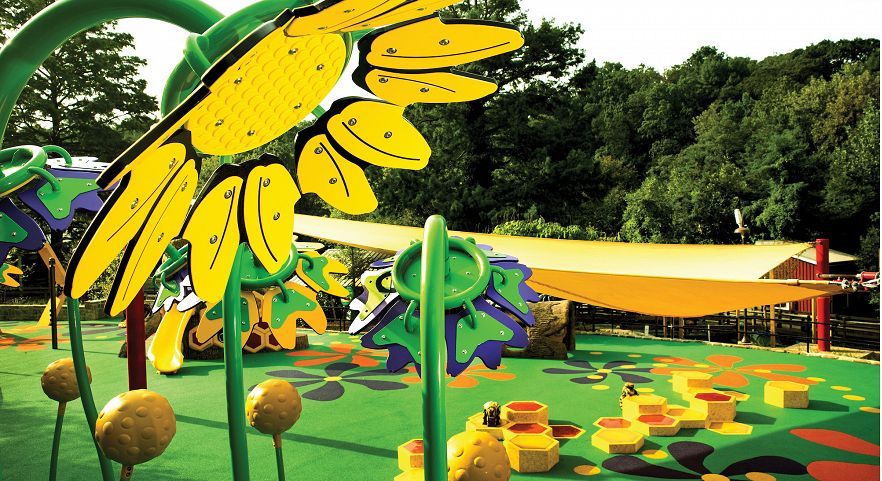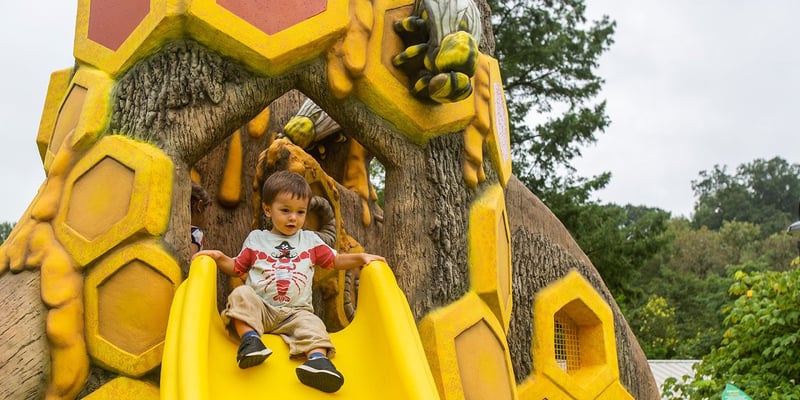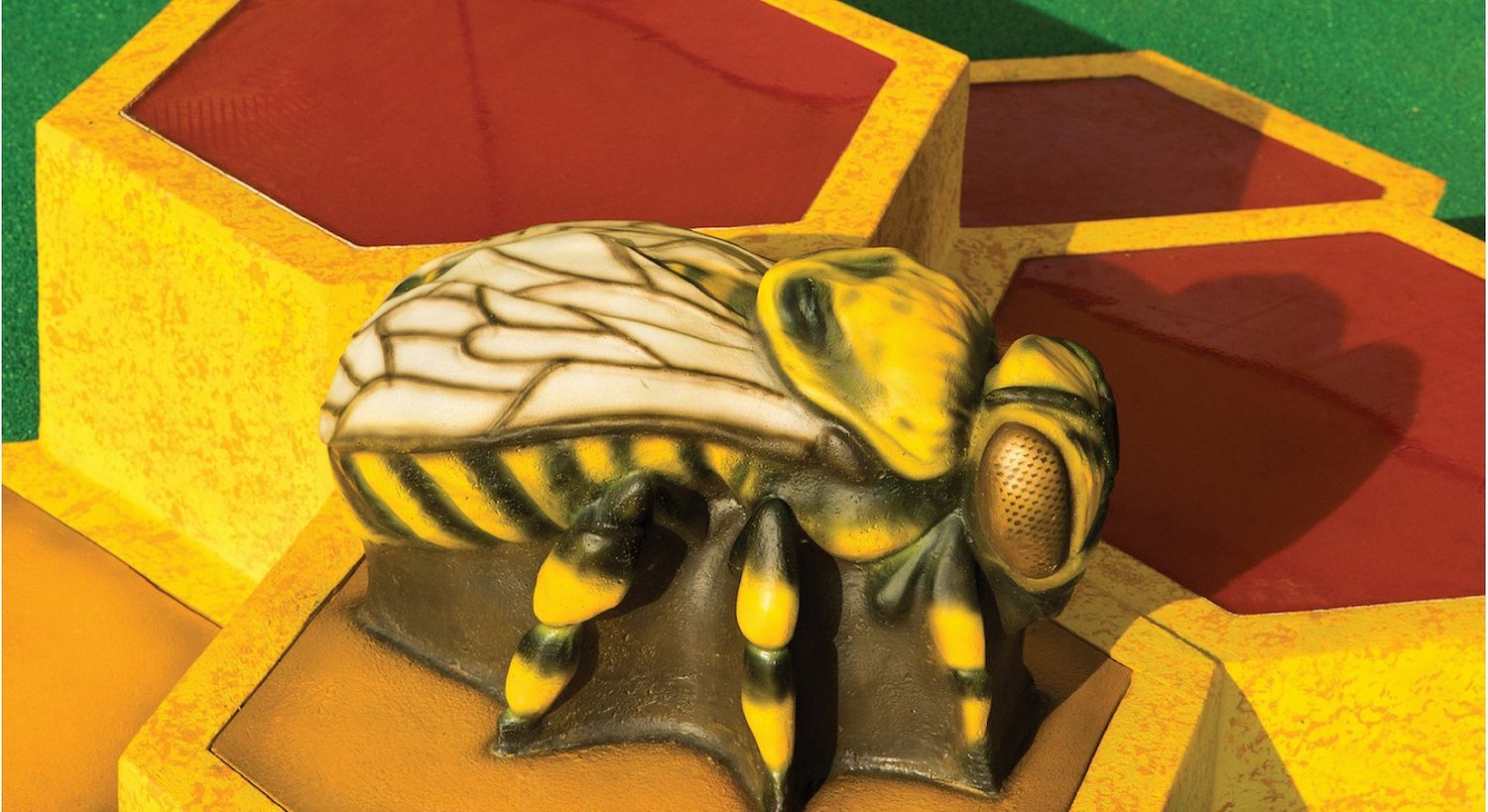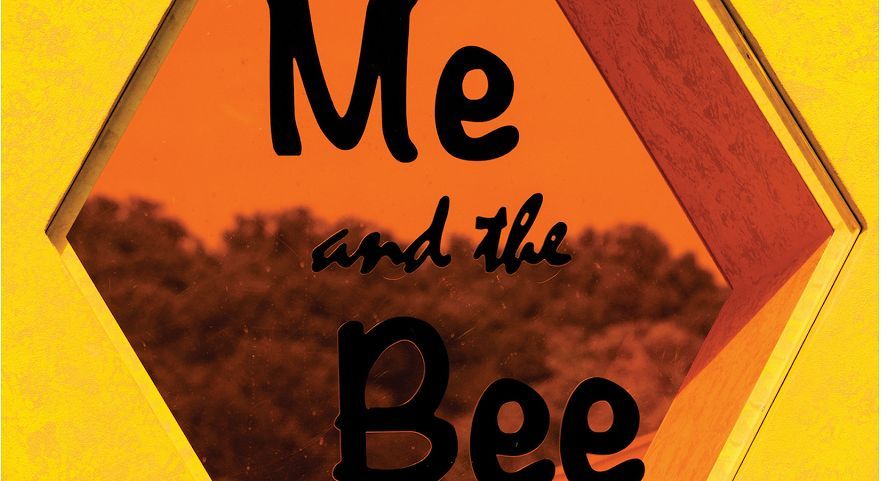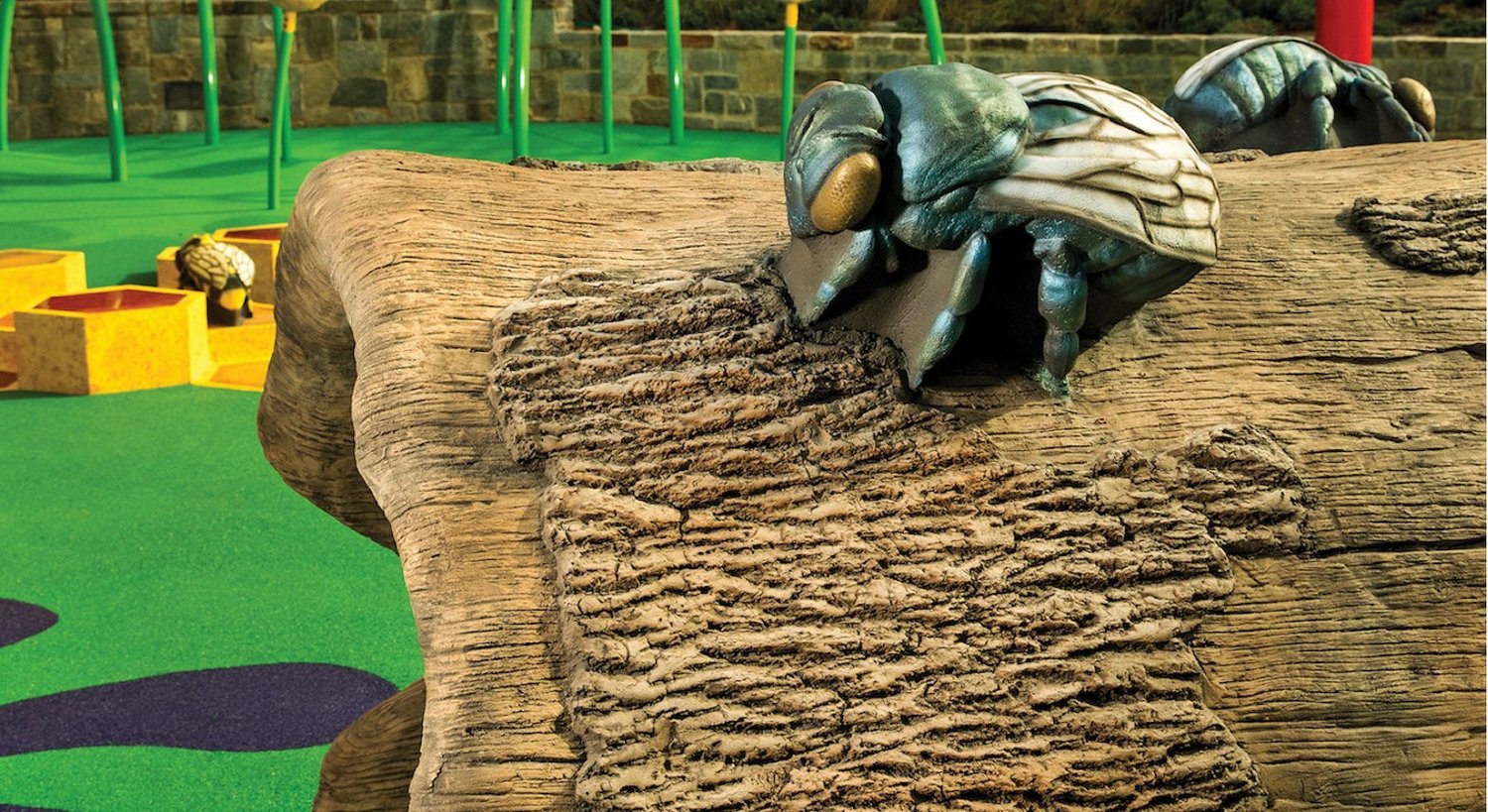Background



Me and the Bee is a fun, fully inclusive experience that helps children and families understand how bees live and their important role in the food chain and ecosystem. People of all ages “shrink to bee–size” in this custom pollinator–themed space as they wander among towering flowers and larger–than–life bees, hop along particles of pollen, climb over honeycomb steps, slide down a hive dripping with golden honey, and crawl inside hollow trees where bees build their homes. Adding to the immersive experience are two interactive sound projectors; children can turn a rotary crank to hear a group of buzzing bees or push a button to hear a variety of pollinators. Leaf-shaped signage around the space tells the story of pollination from the hive to the table, addressing the importance of pollinators and illustrating ways that visitors can help protect the bees in their own backyards. To reinforce their learning, families can also check out a real pollinator garden alongside the space.
Nearly 70 percent of all flowering plants reproduce because of pollination by bees and other pollinators. About one-third of the human food supply depends on insect pollination, most of which is accomplished by bees. Beyond agriculture, pollinators are keystone species in most terrestrial ecosystems. Fruits and seeds derived from insect pollination are a major part of the diet of approximately a quarter of all birds and mammals. Thanks to the exhibit, nearly 2 million people per year have exposure to education on the importance of pollinators. “Land O’ Lakes’ gift will teach future generations of zoo goers why wildlife matters, including the pollinators we find in our own backyards.” summarized Steve Monfort, Smithsonian’s National Zoo and Conservation Biology Institute.
Lasting Impact
Pollinators are critical for producing much of the food we eat every day, and as a farmer–owned cooperative, Land O’ Lakes is passionate about helping to protect and spread awareness about these important creatures.
Autumn Price
Vice President of Government Relations Land O’ Lakes Inc.



